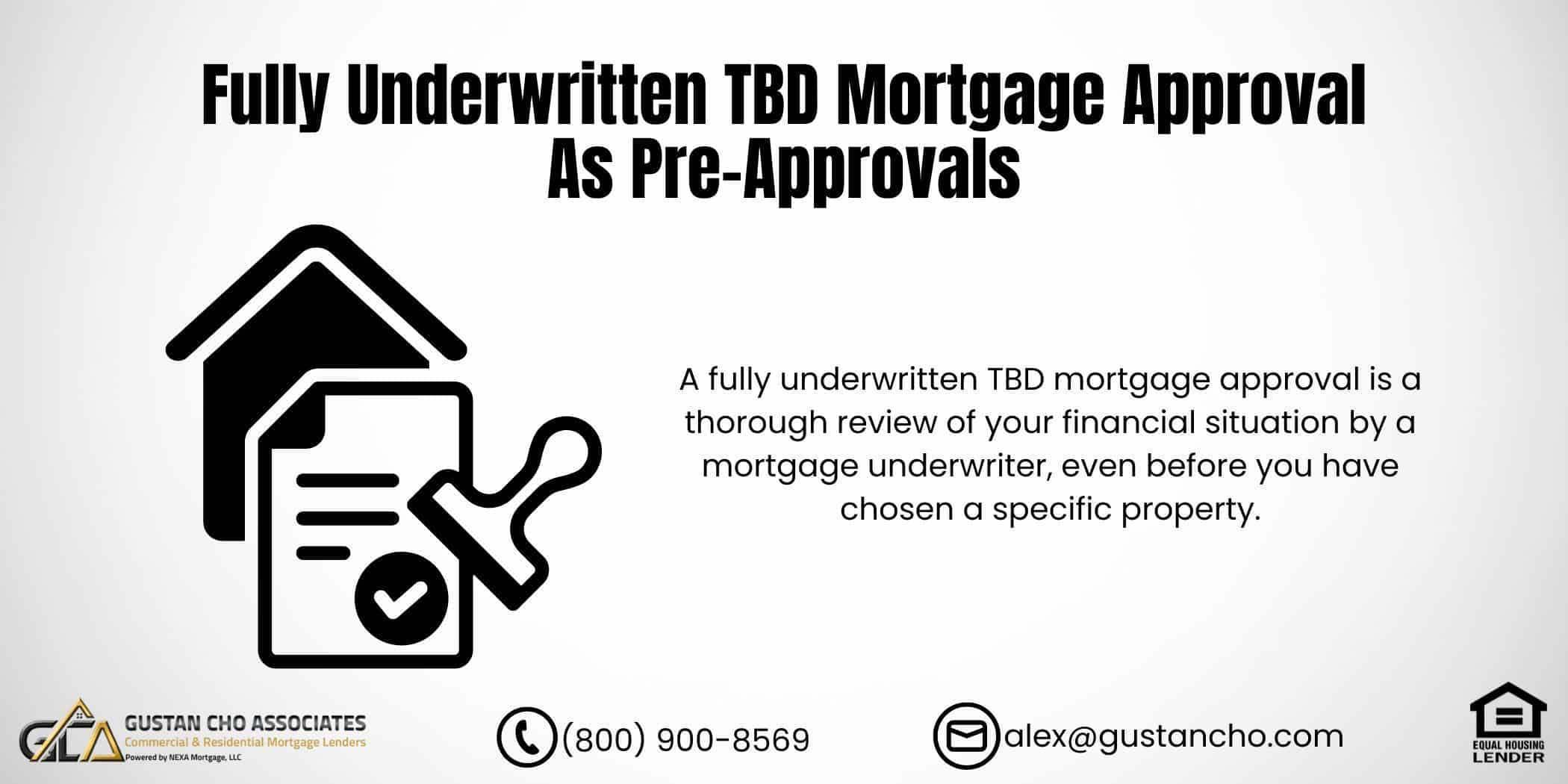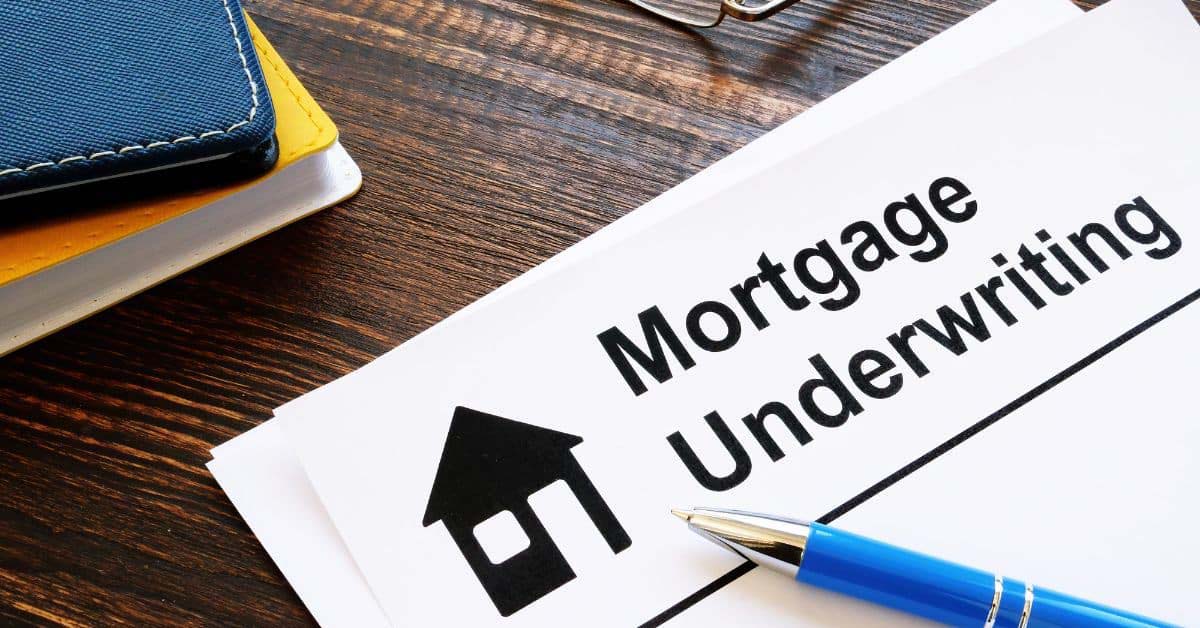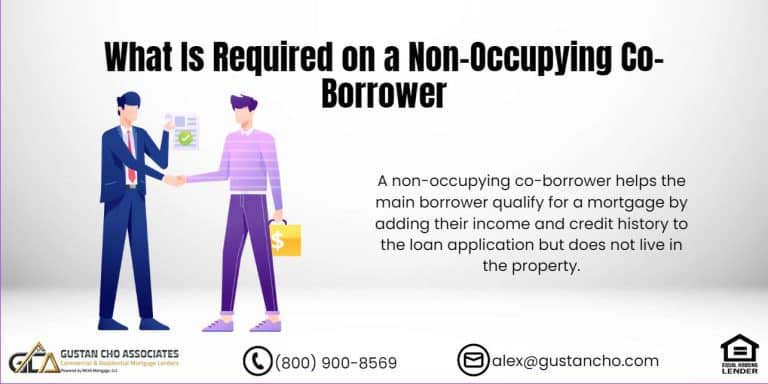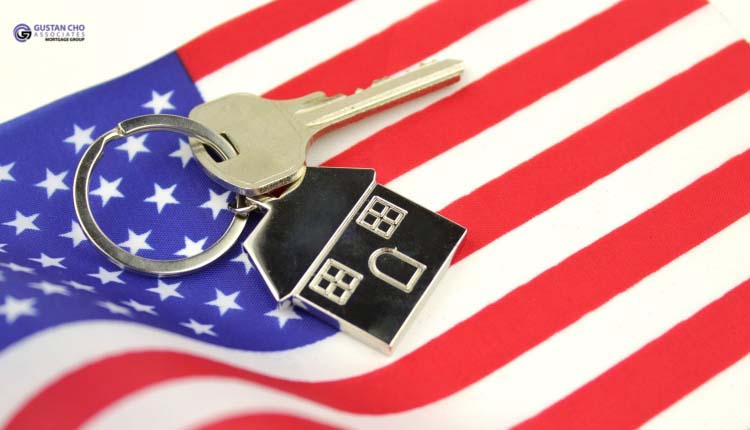In this blog, we will cover and discuss getting a fully underwritten TBD mortgage approval as pre-approvals. Fully Underwritten TBD Mortgage Approval on home loans is geared towards borrowers who may or may not meet agency mortgage guidelines. In most cases, loan officers will issue pre-approval letters if they are sure borrowers will definitely get conditional loan approval.
A fully underwritten TBD mortgage approval will go through the entire underwriting process by a mortgage underwriter without the subject property. It is the same as full loan approval.
There are cases and instances where it may be a 50/50 chance. Instead of the loan officer issuing a pre-approval for a borrower, there are instances where the file may be a tough file. In the following paragraphs, we will cover getting a fully underwritten TBD mortgage approval versus a pre-approval signed by a loan officer.
Mortgage Approval With a Fully Underwritten TBD Versus Pre-Approval Letter
There are instances where a fully underwritten TBD mortgage approval makes sense for borrowers with less than perfect credit. Examples of such cases are in the following case scenarios. Manual underwriting with Late payments in the past 12 months. Manual underwriting in cases with late payments during the Chapter 13 Bankruptcy repayment period. Late payments after bankruptcy, foreclosure, deed in lieu of foreclosure, short-sale. When a loan officer cannot get an automated underwriting system (AUS) approval and needs to go manual underwriting, it is best to do a Fully Underwritten TBD Mortgage Approval. In this article, we will cover Fully Underwritten TBD Mortgage Approval. Speak With Our Loan Officer for Mortgage Loans
What is a TBD Underwritten Mortgage Approval
A “TBD underwritten mortgage approval” typically refers to a mortgage approval process where the underwriter provides a conditional approval for a mortgage loan before a specific property has been chosen or identified by the borrower. TBD stands for “To Be Determined,” meaning that the property details (such as its address, appraisal, and final purchase price) are not yet known at the time of the underwriting process.
How Does a TBD Underwritten Mortgage Approval Process Work
Here’s how the TBD underwritten mortgage approval process generally works: Before starting the home search, a borrower may seek pre-approval from a lender. Pre-approval involves a preliminary review of the borrower’s financial documents and credit history to determine the amount of mortgage they are likely to qualify for. After obtaining pre-approval, the borrower can begin searching for a home. However, they may not have found a specific property they want to purchase at this stage.
Paperwork Required on TBD Underwritten Mortgage Approval
With a TBD underwriting process, the borrower can provide the lender with all necessary financial documentation (income, assets, credit, etc.) for a thorough underwriting review, even though the property details are not finalized. The lender’s underwriter assesses the borrower’s financial situation and issues a conditional approval based on their findings. The conditional approval includes specific conditions that the borrower must meet to finalize the mortgage approval once they choose a property. These conditions may include providing additional documents, verifying employment, and satisfying any outstanding requirements.
Property Identification
After receiving conditional approval, the borrower can continue their home search and identify a property they wish to purchase. Once the borrower selects a property and enters into a purchase agreement, the lender conducts a final underwriting review. They will verify the property’s value through an appraisal and ensure that the borrower’s financial situation still meets the lender’s guidelines.
If the property passes the appraisal, and the borrower’s financial situation remains unchanged and in compliance with the lender’s requirements, the lender will issue a “clear to close.” This means the loan is ready for closing, and the borrower can proceed with the purchase.
Cases Where a Fully Underwritten TBD Mortgage Approval Is Recommended
Cases, when Fully Underwritten TBD Mortgage Approval is recommended, are when there are extraordinary circumstances on manual underwrites. A fully underwritten TBD mortgage approval is a loan commitment and has more weight than a pre-approval issued by a mortgage loan originator:
Fully Underwritten TBD Mortgage Approval is when a borrower’s file has been fully processed and underwritten. It is conditional loan approval. The only condition needed will be underwriting the property.
Once the fully underwritten mortgage approval is issued, the borrower can go out and shop for a home and enter into a written real estate purchase contract. Not all pre-approvals need to be a Fully Underwritten TBD Mortgage Approval. Only files that barely meet mortgage guidelines. Examples of such files are recent late payments, late payments after a bankruptcy and/or foreclosure, or other extenuating circumstances. In this article, we will cover and discuss the TBD Mortgage Approval on home loans.
Qualifying For a Mortgage With Bad Credit
Before entering into a real estate purchase contract, a home buyer needs to get pre-approved for a mortgage. There are cases where a loan officer cannot judge fully whether or not a borrower will get approved for a mortgage, especially for borrowers with bad credit, low credit scores, or borrowers that need a manual underwrite. Homebuyers should never enter into a real estate purchase contract without being fully qualified and pre-approved by a lender. The qualification process begins with a loan officer taking a mortgage loan application. The loan officer will pull credit and thoroughly review the borrower’s credit scores and credit report. Click here to qualify for a mortgage with bad credit
Advantages of Fully Underwritten TBD Mortgage Approval on Manual Underwrites
FHA and VA loans are the only two mortgage loan programs that allow manual underwriting. You will not know fully whether a file is approved or not on manual underwrites on manual underwrites until the mortgage underwriter has underwritten the file. This is why TBD mortgage pre-approvals are the best choice for a pre-approval on manual underwriting files.
Mortgage documents such as tax returns, W2s, paycheck stubs, 60 days of bank statements, and other pertinent documents will be requested and reviewed on a fully underwritten TBD mortgage approval.
Once the loan officer reviews all docs, the loan officer will run the file through the automated underwriting system (AUS). If the AUS gets an approve/eligible AUS Findings and the borrower can meet all conditions from the AUS, a pre-approval can be issued.
Manual Underwriting Guidelines For Bad Credit Borrowers
If the findings come back refer/eligible per AUS and the loan officer is not confident about a full approval by an underwriter, the loan officer may submit the file to a TBD Loan Approval by a mortgage underwriter. The mortgage underwriter has a lot of underwriter discretion on manual underwriting. There are cases where it is a tough call for a loan officer to judge a manual underwriting file. Therefore, it is best to get these files through a fully underwritten TBD mortgage approval versus just a pre-approval letter from the loan officer.
What Does a TBD Underwritten Mortgage Approval Mean
A TBD Loan Approval means the file has been fully processed and a mortgage underwriter has underwritten the file. The mortgage underwriter has reviewed all docs, ordered the VOE, and issued conditional approval without a property. A hypothetical TBD subject property was used to underwrite the file.
TBD underwritten mortgage approvals can be beneficial for borrowers because they provide a head start on the mortgage approval process and help streamline the closing process once a property is chosen.
With a TBD underwritten mortgage approval, it’s essential to work closely with your lender and provide all requested documentation promptly to ensure a smooth transition from conditional approval to a final mortgage approval and closing. Additionally, the specific requirements and conditions may vary depending on the lender and the type of mortgage program.
How Long Does The Fully Underwritten TBD Mortgage Process Take?
As mentioned earlier, a fully underwritten TBD mortgage approval takes longer than a pre-approval issued by a loan officer. This is because, with a Fully Underwritten TBD Approval, the loan is fully underwritten by a mortgage underwriter. After the loan officer reviews docs, the loan is processed by a mortgage processor. The file is then submitted to underwriting and a mortgage underwriter is assigned.
The complete 1003 (Uniform Residential Loan Application) is reviewed and the file is submitted to the Automated Underwriting System (AUS). Once the loan is fully underwritten and approved by the mortgage underwriter, the underwriter will sign off on the conditional mortgage approval.
Qualifying For a Fully Underwritten TBD Mortgage Approval With a Lender With No Overlays
To start the fully underwritten TBD mortgage approval process with a mortgage broker licensed in 48 states with no overlays on government and conventional loans, please contact us at Gustan Cho Associates at 800-900-8569 or text us for a faster response. Or email us at gcho@gustancho.com. The Team at Gustan Cho Associates Mortgage Group is available 7 days a week, on evenings, weekends, and holidays. Gustan Cho Associates has zero mortgage overlays on FHA, VA, USDA, and conventional loans. We are mortgage brokers with over 170 wholesale mortgage lenders. Qualify for a Mortgage Loans with a lender with no overlays
FAQs: Fully Underwritten TBD Mortgage Approval As Pre-Approvals
- 1. What is a Fully Underwritten TBD Mortgage Approval? A fully underwritten TBD mortgage approval is a thorough review of your financial situation by a mortgage underwriter, even before you have chosen a specific property. This process is similar to full loan approval. It provides more certainty than a standard pre-approval issued by a loan officer.
- 2. How does a Fully Underwritten TBD Mortgage Approval differ from a Pre-Approval? A pre-approval is a preliminary review by a loan officer, giving you an estimate of how much you can borrow. However, a fully underwritten TBD mortgage approval involves a detailed evaluation by an underwriter, making it a more robust assurance that you can secure the loan once you find a property.
- 3. Why would I need a Fully Underwritten TBD Mortgage Approval? This type of approval is beneficial if you have less-than-perfect credit or a complex financial situation. For instance, if you’ve had late payments, recent bankruptcies, or other issues that make your file difficult, a fully underwritten TBD mortgage approval gives you a stronger position when making an offer on a home.
- 4. What is the process for getting a Fully Underwritten TBD Mortgage Approval? To get a Fully Underwritten TBD Mortgage Approval, submit your financial documents and undergo an underwriting review. Upon completion, you’ll receive a conditional approval outlining the necessary conditions for property selection.
- 5. What documents are required for a Fully Underwritten TBD Mortgage Approval? To obtain a Fully Underwritten TBD Mortgage Approval, you must submit thorough financial records, including tax returns, W2s, paycheck stubs, bank statements, and employment verification.
- 6. How long does the Fully Underwritten TBD Mortgage Approval process take? This process typically takes longer than a standard pre-approval because it involves a comprehensive review by an underwriter. It includes gathering and verifying all necessary financial documents and ensuring all conditions are met.
- 7. What are the advantages of a Fully Underwritten TBD Mortgage Approval for manual underwrites? FHA and VA loans often require manual underwriting. With a fully underwritten TBD approval, you can secure the loan better since an underwriter has already reviewed your file. This is particularly useful for borrowers with bad credit or needing a manual underwrite.
- 8. Can I shop for a home with a Fully Underwritten TBD Mortgage Approval? Once you have the fully underwritten TBD mortgage approval, you can confidently shop for a home, knowing that you are conditionally approved. This approval strengthens your position with sellers and can help expedite closing once you find a property.
- 9. How can I start getting a Fully Underwritten TBD Mortgage Approval? To begin, contact a lender that offers this service. For example, you can contact Gustan Cho Associates at 800-900-8569 or gcho@gustancho.com. They have experience with no overlays on government and conventional loans and can guide you through the process.
- 10. What happens after I find a property with a Fully Underwritten TBD Mortgage Approval? Once you identify a property, the lender will conduct a final underwriting review. This includes verifying the property’s value through an appraisal and ensuring that your financial situation remains unchanged. If everything checks out, you’ll receive a “clear to close,” meaning you’re ready to finalize the purchase.
- 11. Is a Fully Underwritten TBD Mortgage Approval worth it? For borrowers with complex financial situations or those seeking greater certainty in their home-buying process, a fully underwritten TBD mortgage approval is worth considering. It provides a more accurate picture of your borrowing potential and helps avoid surprises later.
- 12. Need more information or want to apply? Contact Gustan Cho Associates for expert assistance with fully underwritten TBD mortgage approvals. They’re available seven days a week to help you through the process.










